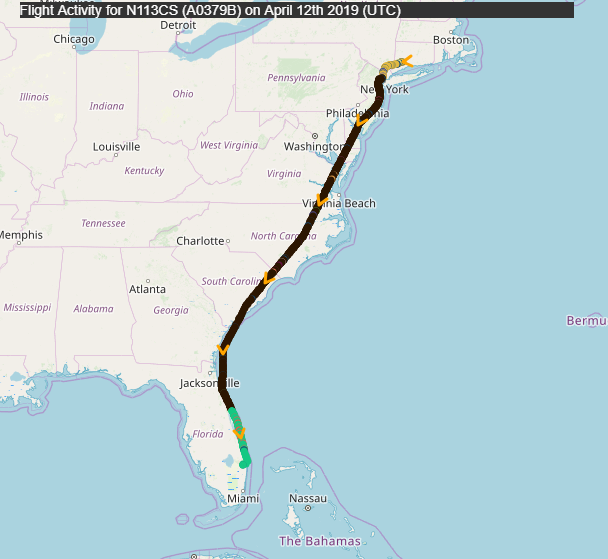It's a weird style choice, because I've never seen any evidence that English speakers struggle with these vowel combos.

Diaereses: Used to separate vowels or to make your writing look like New Yorker style.
Umlauts: Used mostly in Germanic languages to show that a vowel has been fronted or to make your band name look more mëtäl.
Diaeresis: noun of action from the Ancient Greek diairein 'to divide, separate', from dia- 'apart' + hairein 'take'
Umlaut: from the German um 'about' + laut 'sound', meaning 'change of sound'







